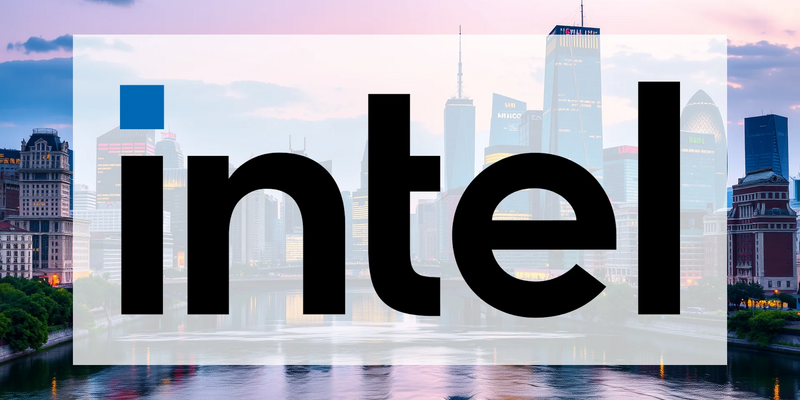Intel Faces Legal Storm After Recruiting Key TSMC Executive
23.11.2025 - 12:11:04Intel finds itself navigating turbulent waters as a strategic hire triggers allegations of intellectual property theft. The chipmaker's recruitment of a senior TSMC engineer has sparked legal concerns that threaten to overshadow promising advancements in its manufacturing technology. This development comes at a pivotal moment for Intel as it attempts to reclaim its competitive edge in the semiconductor sector.
Beyond the headlines surrounding executive movements, Intel is demonstrating tangible progress in its production capabilities. The company's upcoming 18A manufacturing process is showing consistent monthly yield improvements of approximately 7%, a critical metric for profitability. These enhanced yields translate directly to lower per-wafer production costs and improved margins—precisely what investors have been seeking following mixed quarterly results in October.
The semiconductor giant remains on track with its Panther Lake processor generation, scheduled to debut at CES 2026. This technical milestone, combined with improving production economics, has helped maintain support for Intel shares in the mid-$30 range. The company's ability to scale manufacturing without exponential cost increases provides fundamental support despite surrounding controversies.
Key Developments:
* 18A process yields improving by roughly 7% monthly
* Panther Lake processors progressing toward CES 2026 launch
* Production cost reductions anticipated through yield enhancements
Should investors sell immediately? Or is it worth buying Intel?
Executive Recruitment Sparks Legal Concerns
The technology sector was abuzz over the weekend following Intel's appointment of Wei-Jen Lo, formerly a senior engineer at TSMC. Taiwan Semiconductor Manufacturing Company has suggested that sensitive manufacturing process information may have transferred to Intel alongside Lo's recruitment—a serious allegation targeting the intellectual property of the world's leading chip foundry.
Intel management, including key figure Lip-Bu Tan, has pushed back against these claims, characterizing them as speculative. However, the potential consequences are substantial: should formal litigation materialize, Intel's ambitious foundry strategy could face significant delays. Interestingly, market response appeared optimistic initially, with shares advancing approximately 2.6% on Friday as investors seemingly valued the strategic talent acquisition above immediate legal risks.
Institutional Investors Show Caution
While retail investors focus on technological progress, institutional money managers are demonstrating increased wariness. Bahl & Gaynor Inc. substantially reduced its Intel exposure by 29.6%, divesting more than 37,000 shares. This divergence in sentiment highlights a market split: short-term optimism about 18A progress contrasts with long-term doubts among major asset managers regarding execution of the IDM 2.0 strategy.
The central question remains whether positive manufacturing metrics can sustain share prices above the critical $34-35 threshold, or if TSMC-related headlines will trigger a pullback toward the $30-32 range. The combination of operational strength and legal uncertainty positions Intel as a potentially volatile holding in upcoming trading sessions, balancing technological promise against regulatory risk in its competitive pursuit.
Ad
Intel Stock: Buy or Sell?! New Intel Analysis from November 23 delivers the answer:
The latest Intel figures speak for themselves: Urgent action needed for Intel investors. Is it worth buying or should you sell? Find out what to do now in the current free analysis from November 23.
Intel: Buy or sell? Read more here...


